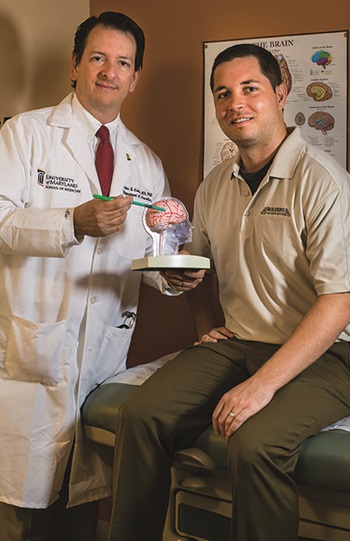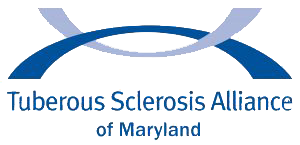Tuberous Sclerosis Symptoms and Diagnosis

Tuberous sclerosis complex affects the brain, lungs, kidneys, heart or skin. Symptoms can vary from person to person, even within the same family where multiple people are affected.
Seizures are the most common symptom of tuberous sclerosis complex and can develop at any point in life from infancy to adulthood.
Individuals with TSC may have autism or intellectual disability.
Patients with TSC in the lungs may have more difficulty with breathing over time.
When TSC affects the kidneys, the benign tumors can damage kidney tissue, and can impair how the kidney filters blood and makes urine.
TSC can affect the heart especially in newborn babies. In adults, it can cause arrhythmia, though it is uncommon.
TSC can affect the eyes but rarely causes vision loss.
TSC can affect the skin in different ways, including:
- Areas of thickened or rough skin on the back (Shagreen patch)
- Loss of normal skin color or pigmentation (hypomelanotic macules)
- Raised, reddish lesions around the nose, forehead and lower lip (facial angiofibromas)
- Small wart-like growths around your nails (peri-ungual fibromas)
Who gets TSC?
TSC results from mutations in one of two genes TSC1 or TSC2. It can be passed from parent to child or can result from a spontaneous gene mutation in an individual. There is a 50 percent chance of passing on the TSC gene from parent to child.
Although rare, TSC occurs in all ethnic groups and genders. About 40 percent of children with TSC are also diagnosed with Autism Spectrum Disorder.
Diagnosing TSC
TSC is diagnosed by a combination of approaches according to published criteria including:
- Physical examination
- Certain radiographic techniques (including MRI, CT and ultrasound)
- Electroencephalography (EEG) (in patients with seizures)
- Genetic testing
What to expect at your visit?
The doctor will ask you questions about your symptoms and medical history. The doctor will perform a physical examination and will likely order some testing such as MRI, CT, or blood work. This information will help the doctor make a diagnosis of TSC or if the diagnosis is already known, help guide therapies.
Make an Appointment
Our team is ready to help. Call us today to make an appointment.
- UM Rehabilitation & Orthopaedic Institute: 410-328-6266
- UM School of Medicine: 410-448-6383

